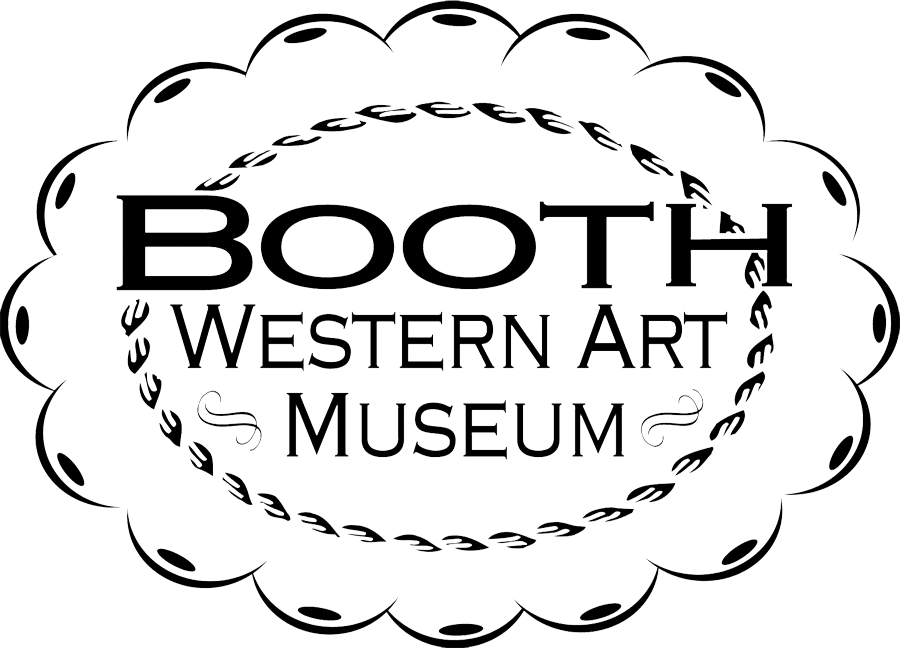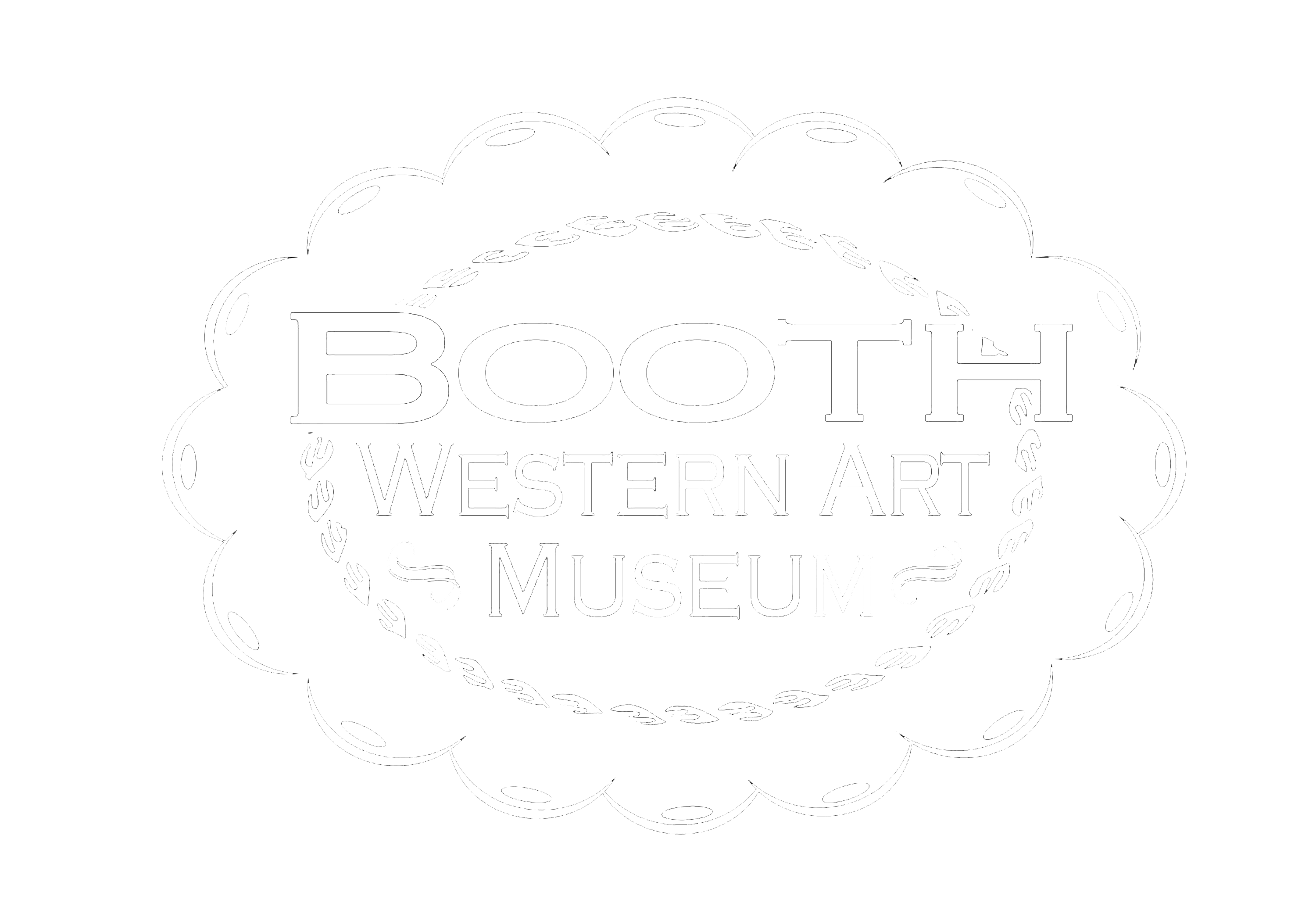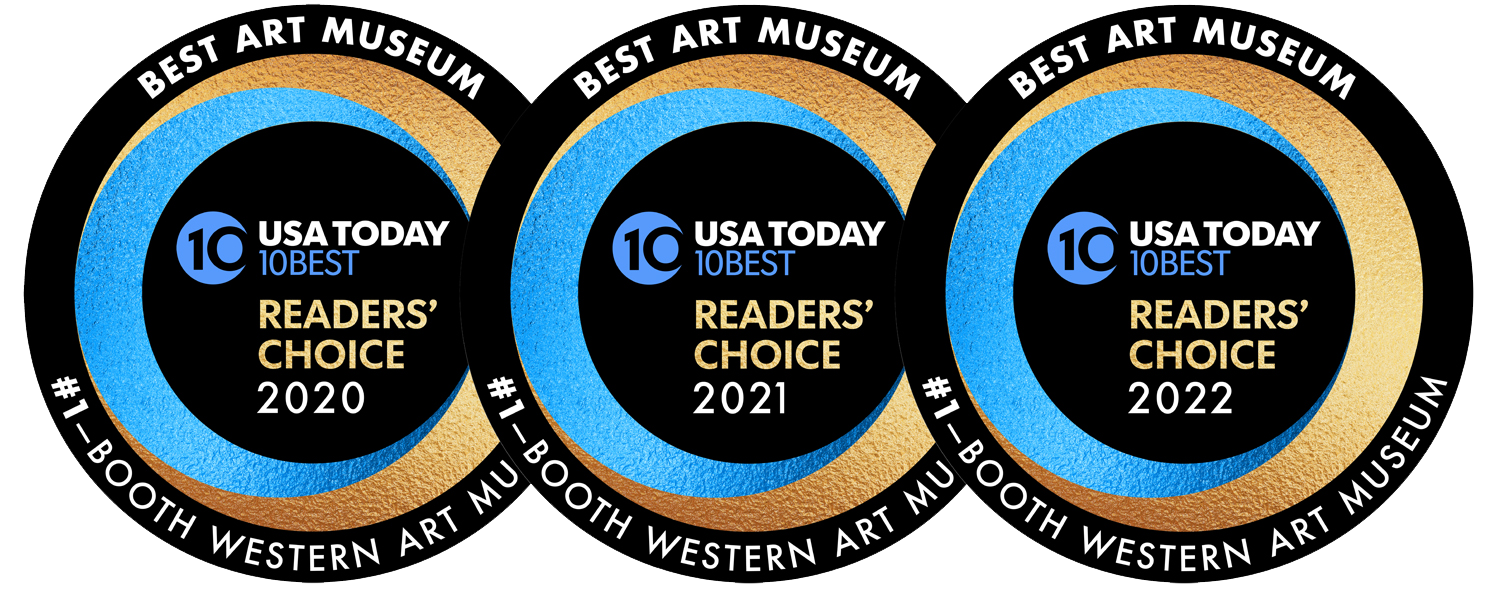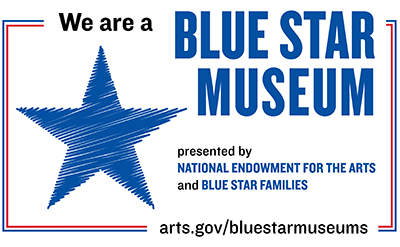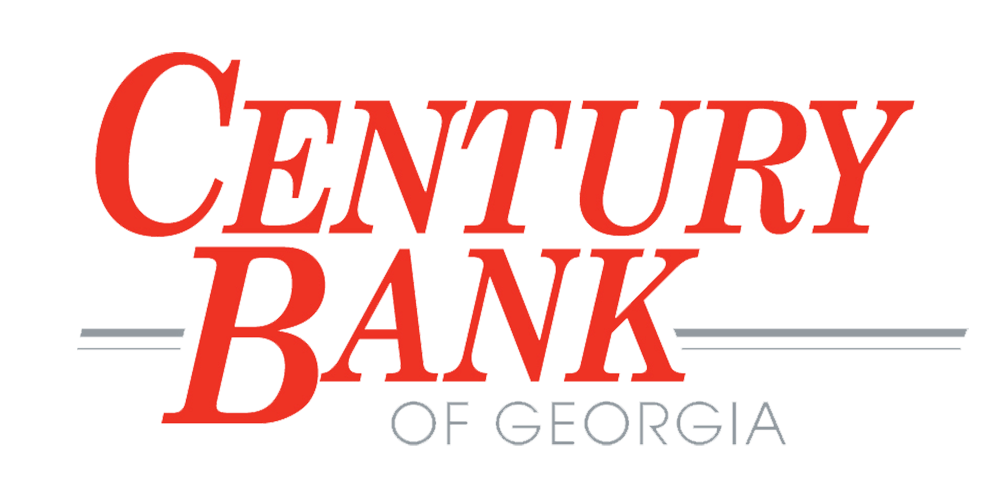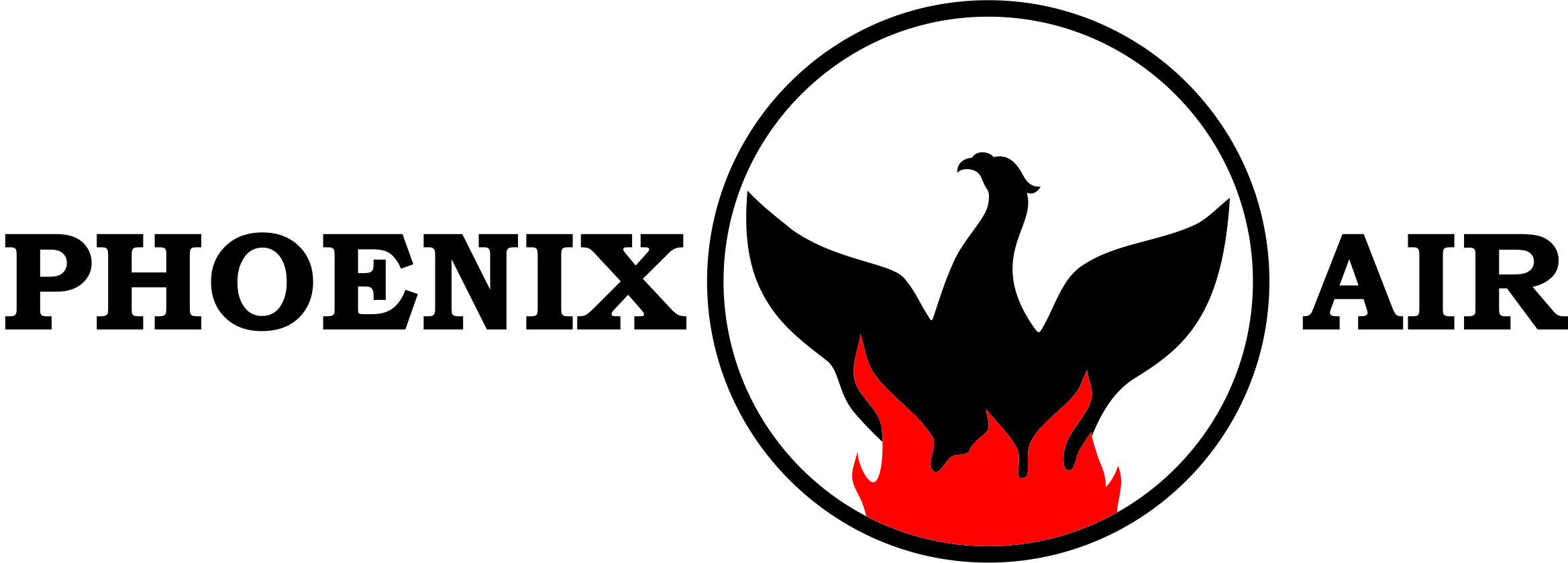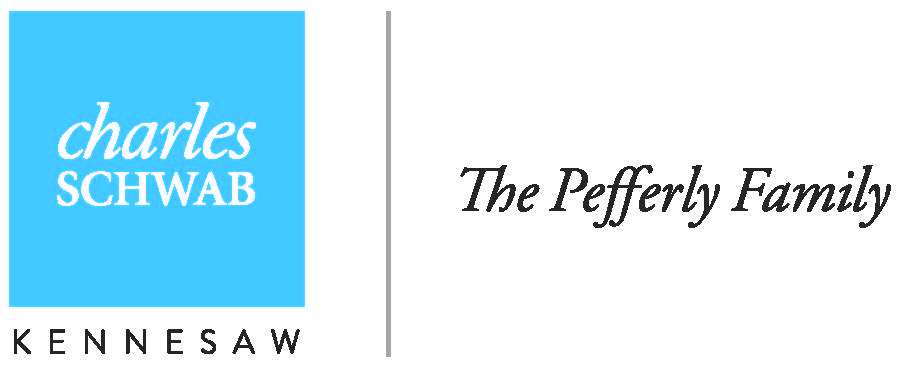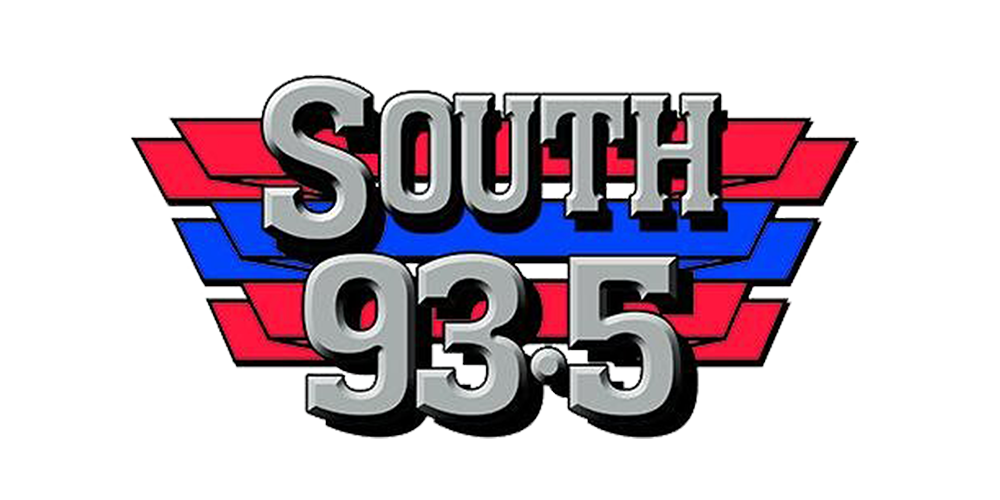Booth Western Art Museum seeks to unite people with art by creating a platform for multiple perspectives and removing barriers to access. The Museum is committed to providing a welcoming and accessible space for all patrons, regardless of age, gender, race, or disability. Please check the admission desk for information on accessibility upon arrival.
For students with mobility impairments
Student drop off is available directly in front of the Museum for students with mobility impairments. Alternately, Booth Western Art Museum parking is located on Gilmer Street across from the Museum (shared parking with Tabernacle Baptist Church). Designated parking spaces for vehicles with a disability permit are available in the parking lot; all spaces are available on a first-come, first-served basis. Bus parking is also available here.
School groups may enter through the double doors. Security guards and Booth Education staff are available for visitors needing assistance; please call 770-387-1300 upon arrival. Please park in the east parking lot (Tabernacle Church parking) if entering from the parking lot.
The Museum’s galleries, café, and Store are all accessible by elevator. Visitors may use manual or power wheelchairs or scooters and manually powered mobility aids such as walkers, crutches, and canes throughout the Museum, including galleries. Please note, the Museum has manual wheelchairs available on a first-come, first-served basis.
All restrooms include an accessible stall as well as baby-changing facilities. An adult changing station can be found on the first floor next to the Ballroom. CLICK HERE for a map with restroom locations.
Lap desks are available upon request, available on a first-come, first-served basis. Please see a Booth Education staff member for assistance.
Lockers are available upon request. Please see the admissions desk for more information.
Seating is provided in the galleries on all levels of each building, available on a first-come, first-served basis.
For students with medically necessary supplies
Medically necessary liquids including freezer packs, IV bags, and portable oxygen are permitted in the Museum. Please ask staff at the admission desk for a sticker for your medically required supplies to ensure all staff members understand that your equipment is approved for use in the galleries.
PLEASE NOTE: Food and drinks (including bottled water) are not allowed in the Museum galleries for protection of the artwork. If a visitor has a medical condition that requires you to carry water, please notify a Booth Education staff member upon arrival.
For students with autism spectrum disorders or sensory sensitivities
- Booth Visual Rules for the Museum can be found here to help prepare your students before your visit. CLICK HERE to download.
- Booth Social Stories—illustrated introductions to the Museum—are available to prepare your students for the visit and will cover important things to remember, such as Museum rules. Download, print, and read the social story about visiting the Museum with your students prior to your visit.
Social Stories:
- CLICK HERE to download the Booth Museum General School Program
- CLICK HERE to download the Booth Museum Westward Ho! School Program
- CLICK HERE to download the Booth Museum American Indians: Cultures and Contributions Program
- A Booth Sensory Friendly Map for visitors on the autism spectrum is available. CLICK HERE to download English version or CLICK HERE to download Spanish version. We have identified some spaces within the Museum that you should be aware of during your visit. These spaces—some of which are quieter and less crowded and others that are overly stimulating—are indicated in this Sensory Friendly Map.
- A Booth Visual Checklist provides picture cards that will help you plan your visit.
Booth Visual Checklists:
- CLICK HERE to download the Booth Museum General School Program
- CLICK HERE to download the Booth Museum Westward Ho! School Program
- CLICK HERE to download the Booth Museum American Indians: Cultures and Contributions Program
- Velcro Visual Checklists are also available. Please see a Booth Education staff member.
- If you need a quiet space, please notify a Booth Education staff member. We will be happy to direct you to a designated space.
These resources were created in consultation with Emory Autism Center and the Exceptional Education Department, Bartow County School District.
